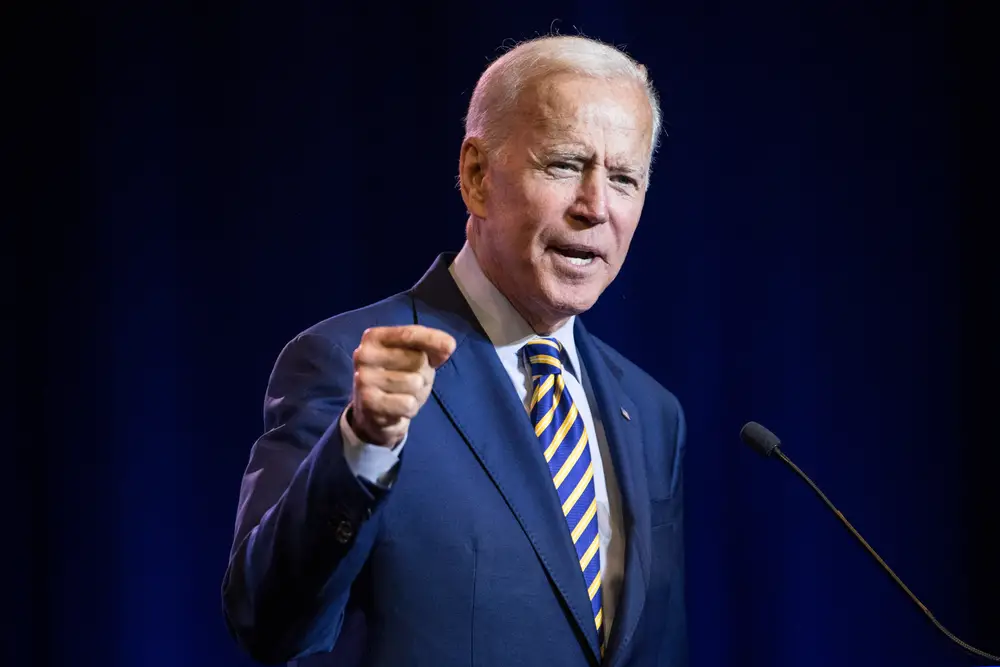President Joe Biden announced Thursday that his proposal to provide free community college would no longer be included in the social safety net and climate bill currently in the works. However, efforts are now being redirected to increase the maximum Pell Grant award instead.
NBC News reported that Biden and congressional Democrats have been working to reach a compromise. However, some moderate Democrats have voiced concerns over the original $3.5 trillion price tag, which commits $45.5 billion to free community college tuition for five years.
Biden disclosed that abandoning the plan was the only possible course of action after senators Joe Manchin III and Kyrsten Sinema declined to support the initiative. However, Biden promised that even if it doesn’t happen with this bill, his administration will strive to make free community college a reality.
“I’m going to get it done. If I don’t I’ll be sleeping alone for a long time,” Biden said.
Strengthening Financial Assistance
In the face of this opposition, lawmakers are looking to boost the federal Pell Grant to provide financial relief to low-income students for higher education.
Under the latest version of the proposal, the federal government would add $500 to the maximum Pell Grant award, now $6,495 per student each year. The money can be used for tuition, room and board, textbooks, and other related costs, and students are not required to pay it back.
This boost, although welcomed, is $900 less than the amount Biden stated in his campaign pledge. Douglas Harris, the economics department chairman at Tulane University, helped the Biden campaign look into free-college programs and explained that increasing the Pell Grant would not have the kind of impact that free community college could create.
“$500 doesn’t go very far. It’s not going to substantially change the financial outlook of these students,” said Harris.
“We are thankful for any increase. But even with these small increases year over year, the maximum Pell Grant award doesn’t have nearly the buying power it did when it was created,” echoed Karen McCarthy, the vice president of public policy at the National Association of Student Financial Aid Administrators.



